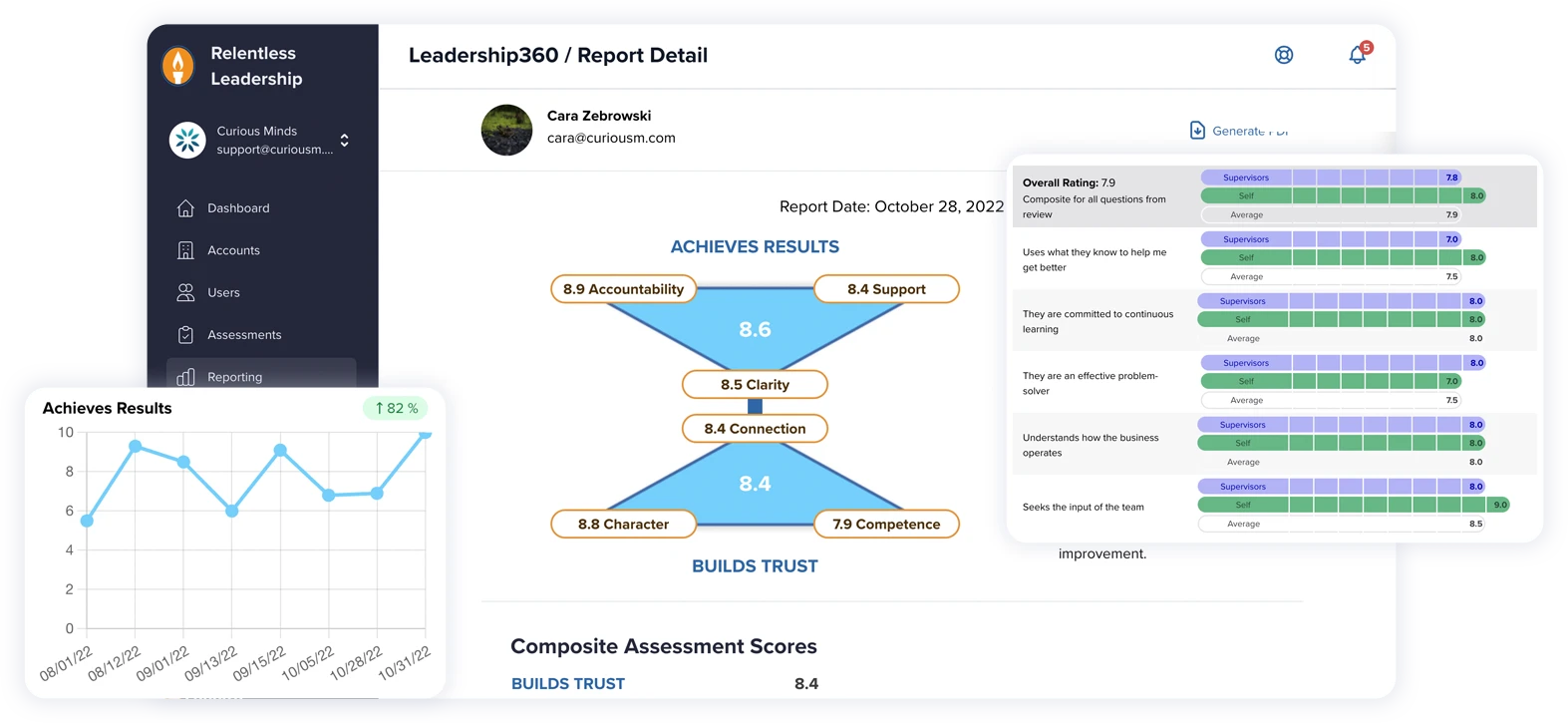Ever wondered if switching hosting can impact SEO? You're not alone. Many website owners grapple with the same question when looking to switch website hosts.
Search engines prioritize your site's content and user experience, not its hosting location. Nevertheless, any alterations in your website's downtime, speed, and IP address during the shift can lead to indirect repercussions.
The good news? If executed correctly, switching web hosts shouldn't drastically impact your website's SEO. Still, it's essential to approach the process armed with some crucial knowledge and a plan of action. In this article, we discuss the potential effects of transitioning web hosts on SEO, blending technical insights with a user-friendly approach.
How Downtime Influences Your SEO During Web Host Migration
Prolonged periods of website downtime can potentially damage its SEO. Search engines like Google or Bing perceive this as a red flag indicating potential unreliability, which in turn impacts the overall user experience. Since search engine algorithms prioritize a positive user experience, frequent inaccessibility may contribute to a decline in your site's ranking.
A consistently unavailable website can make search engines perceive it as less trustworthy, possibly resulting in a lower ranking compared to competitors. A well-planned and executed migration can reduce downtime and minimize SEO damage. By controlling the duration of website unavailability, you can safeguard your website's ranking on search engine result pages (SERPs).
The Influence of Speed on SEO Post-Hosting Switch
Discussing speed, it's important to note that Google emphasizes page load times as a top ranking factor in Search. When you switch to a different hosting service it can have a notable impact on how quickly your website loads since the performance of your new hosting provider's server is key. Opting for a provider known for their rapid server response can enhance your website's loading speed, which might lead to improved SEO performance. On the other hand, if the new hosting service has slower servers, or are shared and overstuffed with other websites it could result in longer load times for your site, potentially harming your SEO efforts.
Pro tip: When selecting your new web host, prioritize speed. Conducting tests on the server speeds of potential hosts before making your final decision ensures minimal disruption to your SEO during the hosting switch.
Implications of IP Address Change in SEO When Switching Web Hosts
It's a common question- does changing hosting affect SEO due to shifts in IP addresses? Indeed, the process of switching web hosts often includes a change in IP address. This could potentially raise red flags for search engines which might interpret it as a change in website ownership. Though in most cases, this doesn't lead to serious SEO consequences, it still merits your attention.
In case your website is moving to a shared host with other websites that have been deemed 'spammy' by search engines, your site might be guilty by association. Once the website is moved over, keep an eye on how your site is performing. Monitor search rankings and incoming traffic for anything off. Should you spot any down trends, it might be a good idea to get in touch with an SEO specialist who can help you address these issues.
Ready to Make the Switch?
When moving to a different hosting platform, just remember that it might affect your SEO a bit. But no need to stress over it. A little planning and keeping a watchful eye can go a long way in reducing any hiccups in your site's online presence.
Ran into a snag you didn't see coming? Over here at Curious Minds Media, we've got a team who knows their way around web hosting inside out. We offer Managed WordPress Hosting, which includes extras like page speed boost and added security measures. Plus, our in-house SEO services are tailored to address and optimize your specific needs. With the right strategy and approach, you can ensure a smooth transition that hosts a positive impact on your brand, not a detriment.



















